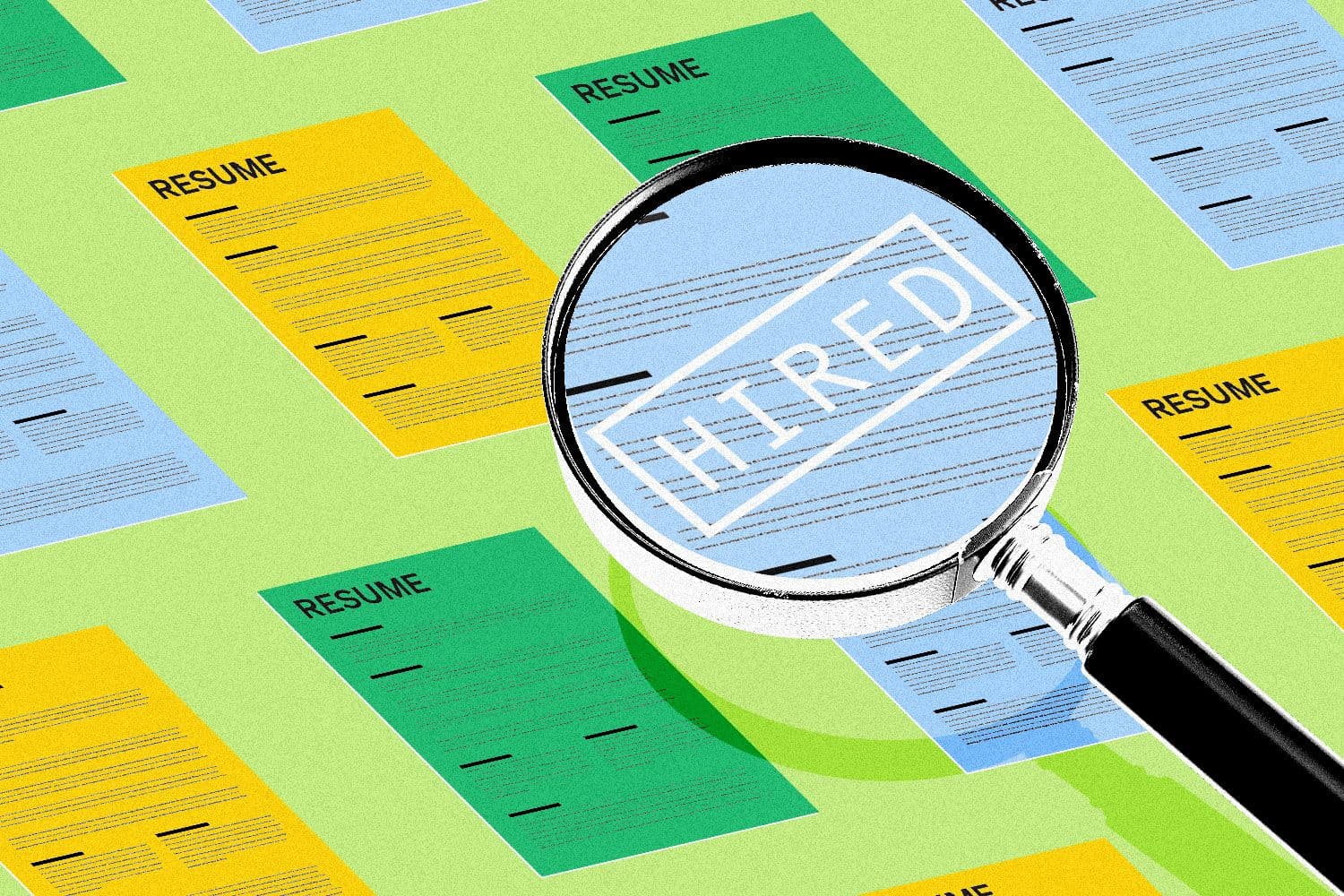How one CHRO uses skill-based hiring to not only recruit but retain talent
“We are vetting our candidates based on the competencies of certain specific roles, but we also give…wiggle room, where we are committed to continuing to train [the] individuals,” the CHRO of Oasis Marinas tells HR Brew.

Francis Scialabba
• 4 min read
Mikaela Cohen is a reporter for HR Brew covering workplace strategy.
Gone are the days when hiring decisions were made based on college education and previous experience alone.
Skills-based hiring, or hiring that evaluates candidates based on competencies and skills, has taken off: 70% of employers consider skills more effective when evaluating candidates than résumés, according to a report from pre-employment assessment platform Test Gorilla. Not only can it widen HR’s talent pool, it can also help recruiters fill roles faster, Forbes reported.
One company that uses skills-based hiring is Oasis Marinas. Using this approach, the Annapolis, Maryland-based marina management company filled 90% of its open leadership roles in 2023 with internal employees, according to CHRO Evelyn Costa.
Oasis Marinas operates 50 marinas in over seven states and employs roughly 450 workers. Its workforce can, however, balloon to nearly 700 during peak boating season from May to September. Roughly 60 of its employees work in corporate functions, like accounting, marketing, and IT.
Costa told HR Brew how she evaluates internal and external candidates based on skills and competencies for such a wide range of roles.
Skills and competencies. Costa said all job postings are shared internally, and current employees are given the opportunity to apply before external candidates.
“Because we promote so much of the growth and the education within, we’ve had cases where individuals from the operations front have transitioned into corporate positions,” Costa said. “When we’re going through that hiring process, we are vetting our candidates based on the competencies of certain specific roles, but we also give…wiggle room, where we are committed to continuing to train [the] individuals.”
During the interview process, she said Oasis Marinas uses a “top grading system,” in which candidates are graded based on how well they can demonstrate their skills and competencies. Skills-based interview questions seek to answer whether the candidate is, for example, a team player or good communicator, while competency-based ones seek to understand a candidate’s experience, according to Indeed.
Quick-to-read HR news & insights
From recruiting and retention to company culture and the latest in HR tech, HR Brew delivers up-to-date industry news and tips to help HR pros stay nimble in today’s fast-changing business environment.
If the company is hiring for a sales position, for instance, Costa said a common competency question might be, “What strategies do you use to generate leads?”
Costa added that depending on the role, candidates may also have panel interviews with multiple leaders. Having multiple individuals assess a candidate at once can, she said, help achieve an “objective view…as opposed to subjective, based on how well they responded to the question or if they smiled.”
“It just [offers] structure and allows us to make an objective decision based on skills,” Costa said.
Continued growth. Oasis Marinas’ focus on skills also serves its retention strategy. Costa said when employees are hired based on skills and potential, they’re more likely to stay at the company, because they have the opportunity to grow their career.
Since 2018, the company’s career development program, Oasis Propel, has, according to Costa, trained new and existing employees who may not have leadership experience for management positions. The program, which typically lasts six to 12 months, has resulted in employees’ promotions to general manager, from entry-level roles like marina services associate, and boatyard operator.
“Sustaining that talent within, it really adds a lot of value not only to the company but to [employees], because they feel appreciated,” Costa said, adding that the “more education we provide to them, the more comfortable they feel…they’re also feel motivated to continue to grow within the organization.”
Quick-to-read HR news & insights
From recruiting and retention to company culture and the latest in HR tech, HR Brew delivers up-to-date industry news and tips to help HR pros stay nimble in today’s fast-changing business environment.